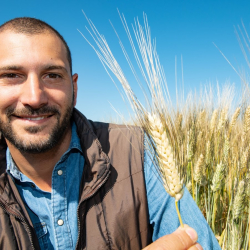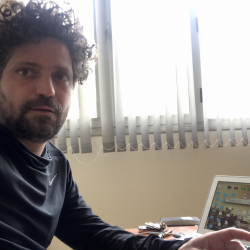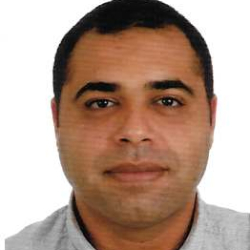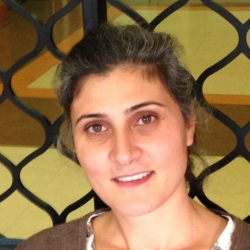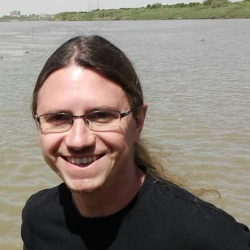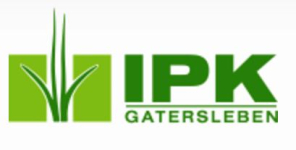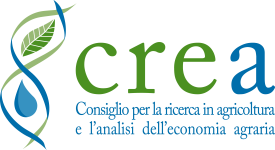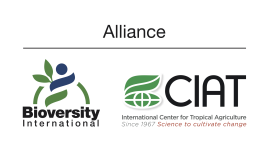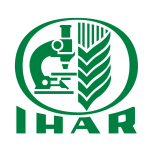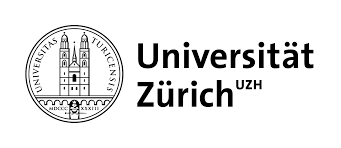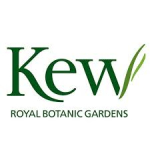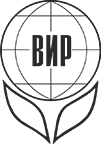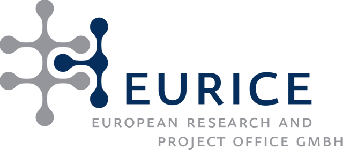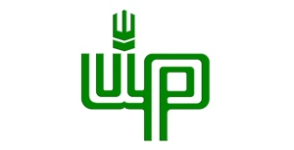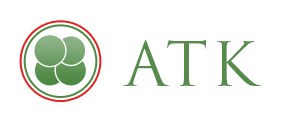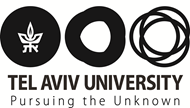The dissemination of AGENT results will contribute to agrobiodiversity, better-documented archiving, and informed selection of genetic resources which, in turn, will enable future breeding of crops more durable to changing climates and environmental conditions. Resilient crops will support the stability of farmer incomes and help sustain sufficient food supplies, particularly as project concepts are transferred to GenRes collections and stakeholders at international scale. In addition, AGENT will establish high-quality, standards, harmonized for the global management of genetic resources, by activating a network of genebanks that generate added-value information for specific and general collections.
The dissemination of AGENT results will contribute to agrobiodiversity, better-documented archiving, and informed selection of genetic resources which, in turn, will enable future breeding of crops more durable to changing climates and environmental conditions. Resilient crops will support the stability of farmer incomes and help sustain sufficient food supplies, particularly as project concepts are transferred to GenRes collections and stakeholders at international scale. In addition, AGENT will establish high-quality, standards, harmonized for the global management of genetic resources, by activating a network of genebanks that generate added-value information for specific and general collections.
AGENT will increase the quantity and quality of data in established information systems for crop genetic resources by accumulating de novo high-density genotypic and phenotypic data for 15,000 accessions of wheat and barley. This information will be combined with pre-existing genotypic/phenotypic data for more than 50,000 and 20,000 wheat and barley accessions, respectively, to develop a comprehensive diversity of atlas European wheat and barley genetic resources. AGENT promotes innovative ways of sharing resources and services between genebanks/in-situ conservation sites in Europe, and beyond. It avoids the cumbersome physical exchange of resources by instead increasing the value of individual collections through a shared information resources and databases.
UPDATES
Launched in 2020, AGENT standardizes and pools phenotype information from global genebank networks within a single database and revolutionizes plant genetic resource information sharing. Our Genetic Resources Team is also accelerating research digitalization through tools such as the CGIAR Breeding Program Assessment Tool, which aids design and analysis, and helps the breeding management system centralize breeding data.
In 2021, ICARDA scientists helped devise more straightforward tools and procedures for genomic work, and through AGENT, are working with partners to collect and standardize phenotype information from global genebank networks within a single database.
In 2022, ICARDA multiplied a precision collection, single seed descent derived from its genebank accessions. This collection was tested for disease and, in parallel with other project partners, standard global checks were field- and disease-tested at the seedling stage. In addition, ICARDA has contributed to sharing genebank historical data and developing accessible and easy tools to analyze those data.

